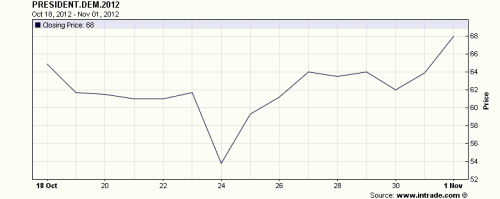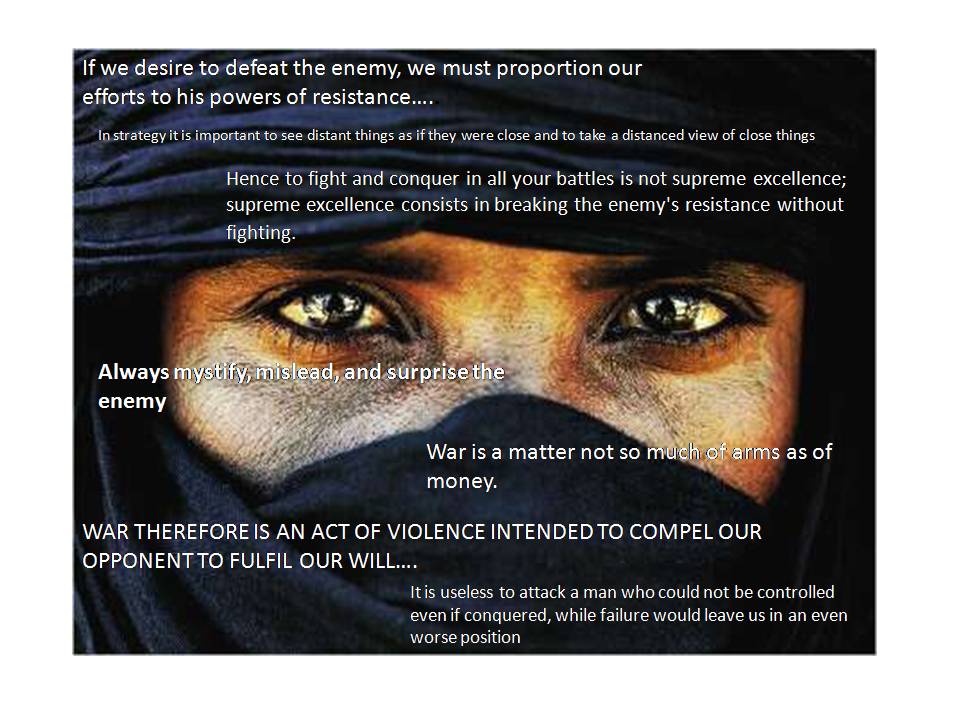An old-media news organization has finally gotten around to doing some serious reporting on the Benghazi debacle. Sharyl Attkisson of CBS has a story that is very much worth reading. Some excerpts:
CBS News has learned that during the Sept. 11 attack on the U.S. Mission in Benghazi, the Obama Administration did not convene its top interagency counterterrorism resource: the Counterterrorism Security Group, (CSG).
“The CSG is the one group that’s supposed to know what resources every agency has. They know of multiple options and have the ability to coordinate counterterrorism assets across all the agencies,” a high-ranking government official told CBS News. “They were not allowed to do their job. They were not called upon.”
and
Counterterrorism sources and internal emails reviewed by CBS News express frustration that key responders were ready to deploy, but were not called upon to help in the attack.
and
The Administration also didn’t call on the only interagency, on-call, short notice team poised to respond to terrorist incidents worldwide: the Foreign Emergency Support Team (FEST). FEST’s seasoned experts leave within four hours of notification and can provide “the fastest assistance possible.”
and
In the days after the assault, counterterrorism officials expressed dismay over what they interpreted as the Obama Administration’s unwillingness to acknowledge that the attack was terrorism; and their opinion that resources which could have helped were excluded.
The report also cites a counterterrorism expert who says he knew, as soon as he heard enemy mortar rounds hitting the building with our people in it, that this must have been a pre-planned attack rather than a “spontaneous uprising,” in view of the technical complexities of accurate mortar fire. Yet 5 days later, on September 16, the Obama administration sent U.N. ambassador Susan Rice around to the talk shows to assert its “spontaneous protest over a video” theory.
Read the whole thing here.
At a minimum–at a bare minimum–the Benghazi affair reveals a dismal level of incompetence pervading the Obama administration. There is also reason to believe that it reveals decison-making about life-and-death matters based on this President’s desire to preserve his “narrative,” rather than facing reality and acting upon it. And, I suspect, the more we learn about what happened in Benghazi, and why it happened, the more disturbing the answers are going to be.
I’m currently re-reading the memoirs of General Edward Spears, who was Churchill’s emissary to France in 1940. There was a disturbing amount of defeatism, and in some cases actual sympathy with the Nazi enemy, among certain government officials and other French elites. Weygand’s friend Henri de Kerillis, a Deputy and newpaper editor, had been consistently pressing Prime Minister Daladier to investigate some sinister behavior by members of the extreme Right.
“Il faut de’brider l’abces,” he had said time and time again to the Premier. He had done so again lately and received this strange answer: I have done exactly what you urged, I have opened the abscess, but it was so deep the scalpal disappeared down it, and had I gone on, my arm would have followed.” This was really very frightening, and I said so. “You cannot be more frightened than I am,” said Kerillis.
I feel sure that we are going to find that the abscess revealed by the Obama administration’s behavior re Benghazi goes very deep indeed.


